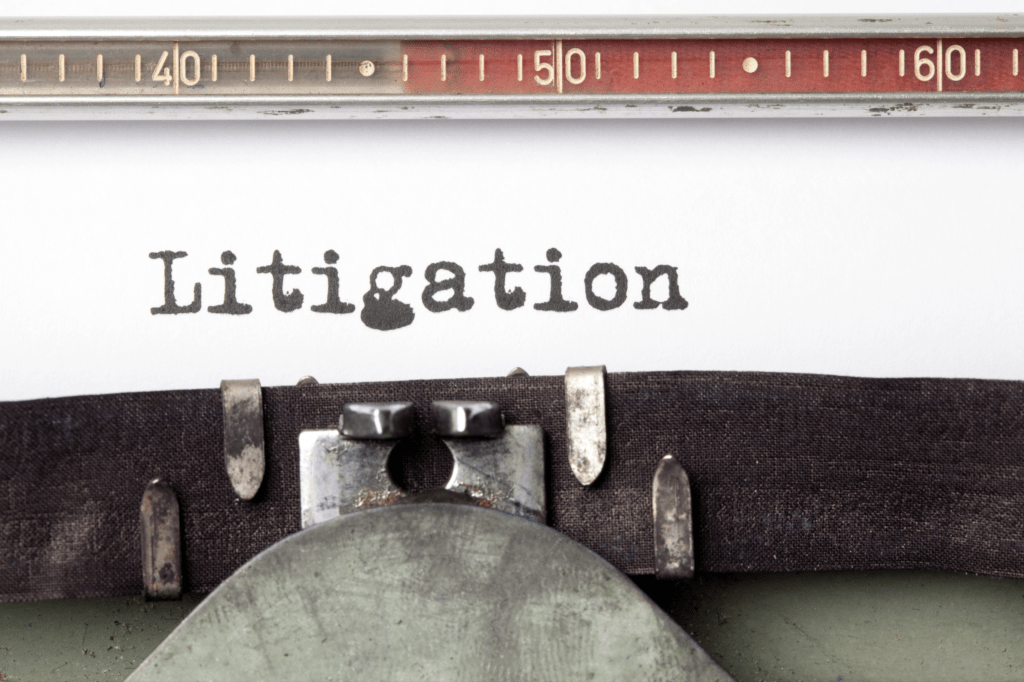In the complex world of business litigation, understanding the procedural steps and strategic maneuvers can significantly impact the outcome of a case. One such critical procedural step is the filing of a motion to dismiss a complaint. This legal maneuver, if successful, can save parties considerable time, expense, and the potential negative consequences of a protracted legal battle. This blog aims to demystify the process and requirements of filing a motion to dismiss in business litigation cases, providing valuable insights for businesses embroiled in commercial disputes.
Introduction to Business Litigation and the Motion to Dismiss
Business litigation encompasses a wide range of disputes that arise in the business context, including contract disputes, shareholder issues, intellectual property rights, and more. When a lawsuit is filed, the defendant has an opportunity to challenge the legal sufficiency of the complaint through a motion to dismiss. This motion argues that, even if all the facts alleged in the complaint are true, there is no legal basis for the lawsuit to proceed.
Understanding the Legal Grounds for a Motion to Dismiss
The grounds for filing a motion to dismiss in business litigation can vary depending on the jurisdiction and the specific circumstances of the case. However, common grounds include:
- Lack of Subject Matter Jurisdiction: A motion to dismiss for lack of subject matter jurisdiction argues the court does not have the authority to hear the type of case presented.
- Lack of Personal Jurisdiction: The court does not have control over the defendant due to insufficient connections with the jurisdiction.
- Improper Venue: The case has been filed in an inappropriate venue or geographical location.
- Failure to State a Claim: The complaint does not allege facts sufficient to constitute a cause of action.
- Statute of Limitations: The lawsuit was not filed within the legally prescribed time limit under the statute of limitations.

Filing a motion to dismiss involves several key steps and considerations:
- Timely Filing: It’s imperative to file the motion before submitting any answer to the complaint, as failing to do so can waive the right to dismiss on certain grounds.
- Legal Research: Thorough legal research is essential to identify and articulate the applicable legal standards and precedents supporting the motion.
- Drafting the Motion: The motion must clearly outline the grounds for dismissal, referencing relevant legal authorities and the specific deficiencies in the complaint.
- Supporting Memorandum: Often, a motion to dismiss is accompanied by a memorandum or brief that provides a more detailed legal argument and analysis.
- Hearing: In many cases, the court will schedule a hearing to allow both parties to present oral arguments regarding the motion.
Strategic Considerations in Business Litigation
When contemplating a motion to dismiss in the context of business litigation, several strategic considerations come into play:
- Early Resolution: A successful motion to dismiss can lead to the early resolution of a dispute, avoiding the costs and uncertainties of litigation.
- Legal Strategy: Even if not granted, a motion to dismiss can shape the litigation strategy by forcing the plaintiff to clarify their claims and legal theories.
- Risk Assessment: Businesses must assess the risks and benefits of filing a motion to dismiss, considering the potential for immediate resolution against the possibility of prolonging the dispute.
The Role of Legal Counsel in Business Litigation
Navigating the complexities of business litigation and the procedural intricacies of filing a motion to dismiss requires skilled legal counsel. Experienced attorneys can provide:
- Strategic Advice: Offering insights into the likelihood of success and the strategic implications of filing a motion to dismiss.
- Legal Expertise: Ensuring that the motion is properly researched, drafted, and argued in accordance with the applicable laws and procedural rules.
- Advocacy: Representing the business’s interests vigorously, both in written submissions and oral arguments before the court.
Conclusion: The Importance of Expert Guidance in Business Litigation
The decision to file a motion to dismiss in a business litigation case is a significant strategic choice that can influence the trajectory of the dispute. Understanding the requirements, process, and strategic considerations is essential for businesses seeking to navigate these legal challenges effectively. With the support of knowledgeable legal counsel, businesses can make informed decisions that protect their interests and advance their objectives in the face of commercial disputes.
At L.A. Tech and Media Law Firm, our team of experienced attorneys specializes in business litigation, offering the expertise and strategic guidance necessary to navigate the complexities of commercial disputes. Whether assessing the viability of a motion to dismiss or developing a comprehensive litigation strategy, we are committed to achieving the best possible outcomes for our clients. Visit our website at www.techandmedialaw.com to learn more about how we can support your business litigation needs.


